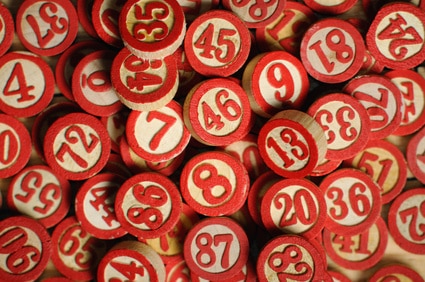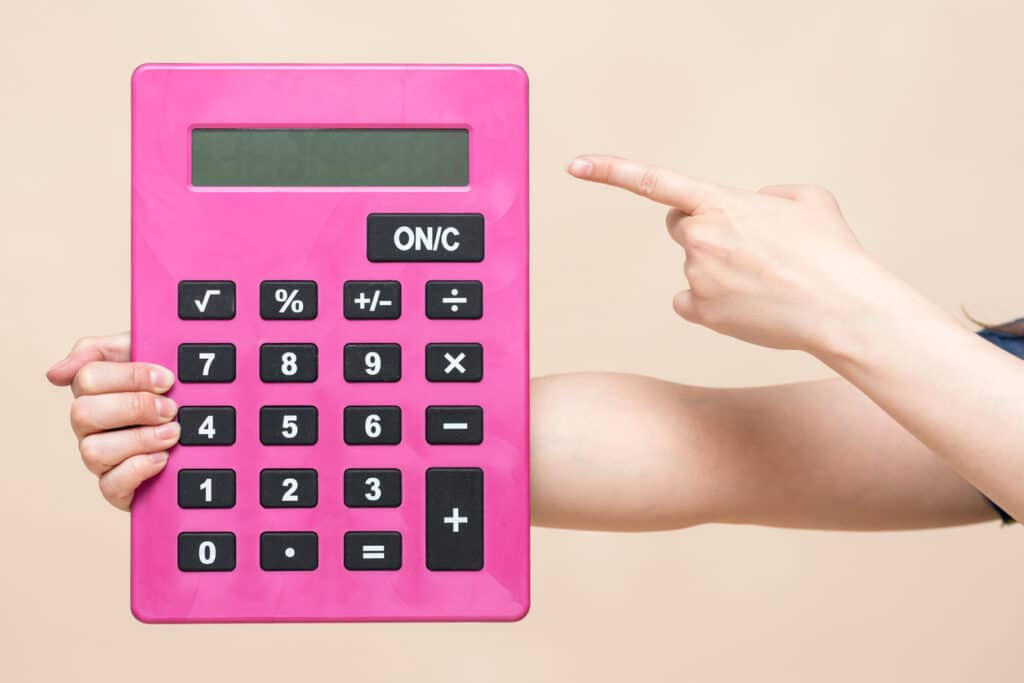Hogy is írjuk a számokat angolul? Mikor írjuk betűvel, mikor számmal? A leckéből megtanulhatod.
How do you express numbers in your writing? When do you use figures (digits) and when do you write out the number in words (letters)? That is, when do you write 9 and when do you write nine?
1. Number versus numeral. First things first, what is the difference between a number and a numeral? A number is an abstract concept while a numeral is a symbol used to express that number. “Three,” “3” and “III” are all symbols used to express the same number (or the concept of “threeness”). One could say that the difference between a number and its numerals is like the difference between a person and her name.
2. Spell small numbers out. The small numbers, such as whole numbers smaller than ten, should be spelled out. That’s one rule you can count on. If you don’t spell numbers out it will look like you’re sending an instant message, and you want to be more formal than that in your writing.
3. No other standard rule: Experts don’t always agree on other rules. Some experts say that any one-word number should be written out. Two-word numbers should be expressed in figures. That is, they say you should write out twelve or twenty. But not 24.
4. Using the comma. In English, the comma is used as a thousands separator (and the period as a decimal separator), to make large numbers easier to read. So write the size of Alaska as 571,951 square miles instead of 571951 square miles. In Continental Europe the opposite is true, periods are used to separate large numbers and the comma is used for decimals. Finally, the International Systems of Units (SI) recommends that a space should be used to separate groups of three digits, and both the comma and the period should be used only to denote decimals, like $13 200,50.
5. Don’t start a sentence with a numeral. Make it “Fourscore and seven years ago,” not “4 score and 7 years ago.” That means you might have to rewrite some sentences: “Fans bought 400,000 copies the first day” instead of “400,000 copies were sold the first day.”
6. Centuries and decades should be spelled out. Use the Eighties or nineteenth century.
7. Percentages and recipes. With everyday writing and recipes you can use digits, like “4% of the children” or “Add 2 cups of brown rice.” In formal writing, however, you should spell the percentage out like “12 percent of the players” (or “twelve percent of the players,” depending on your preference as explained in point three).
8. If the number is rounded or estimated, spell it out. Rounded numbers over a million are written as a numeral plus a word. Use “About 400 million people speak Spanish natively,” instead of “About 400,000,000 people speak Spanish natively.” If you’re using the exact number, you’d write it out, of course.
9. Two numbers next to each other. It can be confusing if you write “7 13-year-olds”, so write one of them as a numeral, like “seven 13-year-olds”. Pick the number that has the fewest letters.
10. Ordinal numbers and consistency. Don’t say “He was my 1st true love,” but rather “He was my first true love.” Be consistent within the same sentence. If my teacher has 23 beginning students, she also has 18 advanced students, not eighteen advanced students.
source: dailywritingtips.com
Can you spell the following numbers out?
1. 500,000
2. 1,250
3. 110
4. 57,458,302
5. 582,657
Key
1. five hundred thousand
2. one thousand two hundred and fifty
3. one hundred and ten
4. fifty-seven million, four hundred and fifty-eight thousand and three hundred and two
5. five hundred and eighty-two thousand and six hundred and fifty-seven
Vocabulary
|
figure, digit |
számjegy |
|
letter |
betű |
|
number |
szám |
|
numeral |
számjegy |
|
abstract concept |
elvont fogalom |
|
to express |
kifejezni |
|
rule |
szabály |
|
to count on something |
támaszkodni valamire |
|
expert |
szakértő |
|
comma |
vessző |
|
separator |
elválasztó |
|
period |
pont |
|
decimal |
tizedes tört |
|
to denote |
megjelölni, kifejezni |
|
fourscore |
nyolcvan |
|
century |
század |
|
decade |
évtized |
|
percentage |
százalék |
|
rounded |
kerekített |
|
estimated |
becsült |
|
exact number |
pontos szám |
|
confusing |
zavaró, zavarba ejtő |
|
ordinal number |
sorszámnév |
|
consistency |
következetesség, következetes használat |







